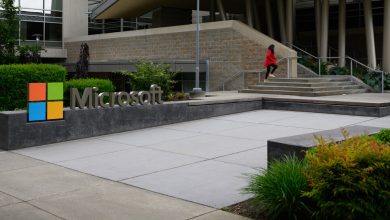Morning in America

There is a famous story by the French writer Jean Giono about a man who plants trees in a barren valley. “For three years he had been planting trees in this wilderness. He had planted one hundred thousand. Of the hundred thousand, twenty thousand had sprouted. Of the twenty thousand he still expected to lose about half, to rodents or to the unpredictable designs of Providence. There remained ten thousand oak trees to grow where nothing had grown before.”
President Biden has planted a lot of trees during his first three years in office, pushing through Congress bills that direct the investment of billions of dollars into infrastructure, research and subsidies for domestic manufacturing.
As he begins to ask voters for a second term, Mr. Biden can make a strong case for his stewardship of the American economy. His determination to treat the economic effects of the Covid pandemic with large infusions of federal aid eased the pain of the crisis and propelled a rapid recovery, notwithstanding a painful spike in inflation that has left a sour taste in the mouths of voters. His administration also has made creative use of its regulatory authorities to shift power to workers and consumers from corporations.
But it is Mr. Biden’s reinvigoration of the government’s role as the nation’s most important investor that may endure as a turning point in the nation’s political and economic history.
Investments, like saplings, do not yield immediate fruit, and Mr. Biden has struggled to generate public enthusiasm for these long-term strategies.
He deserves more credit. Government investment plays a critical role in the nation’s economy. It provides the means to develop ideas that aren’t yet ready for the market, the power to turn ideas into products, the roads to deliver goods to consumers. America’s prosperity in the late 20th century was the harvest of its investments after World War II. The economic malaise of the last few decades is equally a product of the failure to continue making new investments.
Federal spending on research and development, measured as a share of the nation’s economic output, declined to the lowest level in half a century in 2017.
During the Biden administration, it has begun to rise again.
The emphasis on investment also restores a healthy competition of ideas between our major political parties. It arms Democrats, for the first time in recent decades, with a message that can plausibly compete with “tax cuts,” the two words that define Republican economic policy.
Mr. Biden is articulating a simple, strong contrast: Republicans believe that collecting less money in taxes will catalyze economic growth; Bidenomics “is rooted in what’s always worked best for the country: investing in America and investing in Americans,” as the president put it in a November




